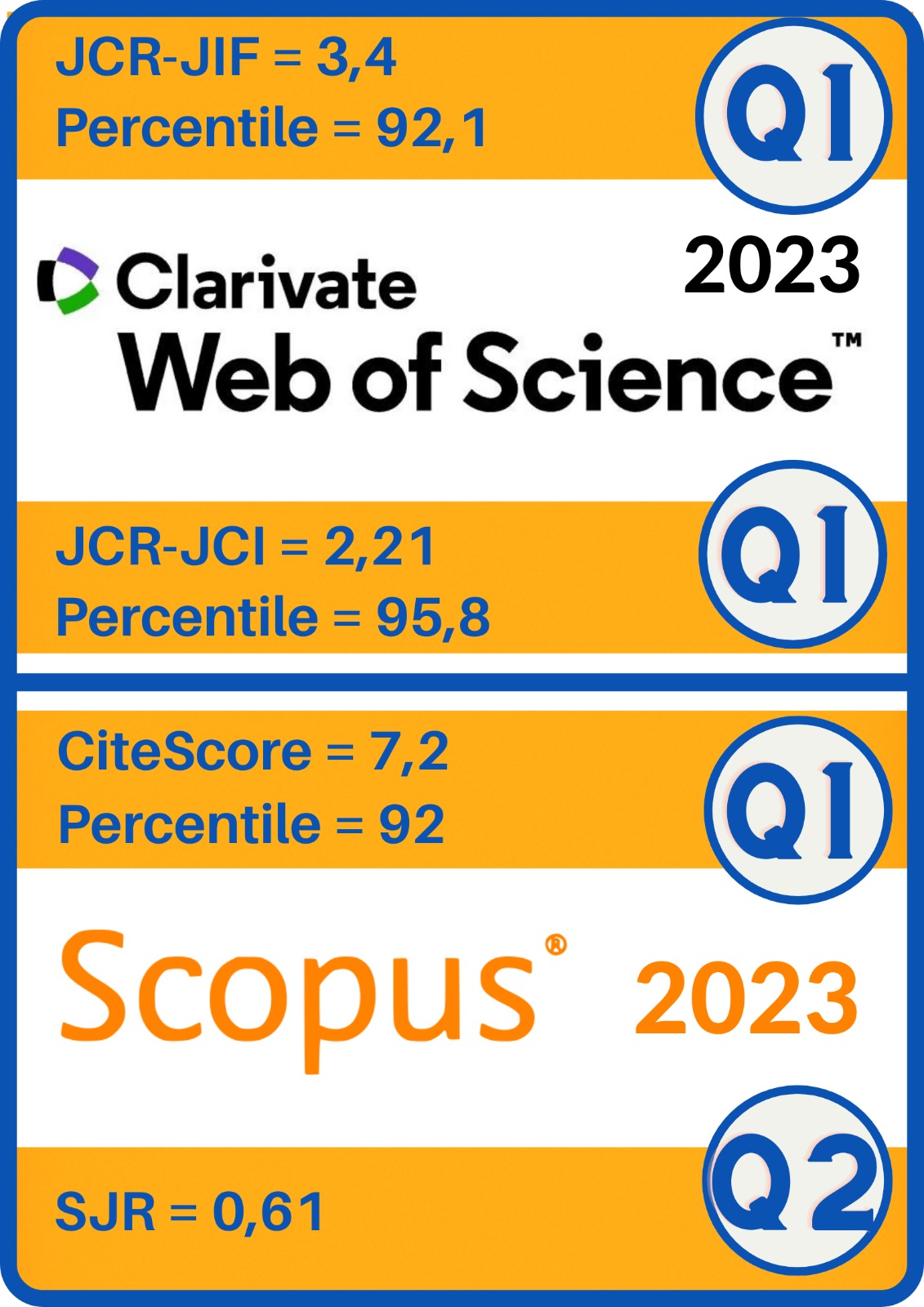Mobile campus. The first college social networking via mobile devices in Latin America. A case study
DOI:
https://doi.org/10.5944/ried.2.12.899Keywords:
Campus Móvil, mobile devices, Mobile Web 2.0, user generated contents, m´learning, Bologna ProcessAbstract
The proposed spin-off of Mobile Campus is the result of an 18 month research and development project to design a social network via mobile devices for the Spanish and Latin American academic communities, with exclusive acces via university assigned email accounts. Movile Campus aims to meet yet the needs of the university community for ubiquitous Internet acces to on campus and in-classroom, personal computers. This article discusses the initial development of the project, its scope and the strategy to position it in the market for educational innovation in the region.
Downloads
Downloads
How to Cite
Issue
Section
License
The articles that are published in this journal are subject to the following terms:
1. The authors grant the exploitation rights of the work accepted for publication to RIED, guarantee to the journal the right to be the first publication of research understaken and permit the journal to distribute the work published under the license indicated in point 2.
2. The articles are published in the electronic edition of the journal under a Creative Commons Attribution 4.0 International (CC BY 4.0) license. You can copy and redistribute the material in any medium or format, adapt, remix, transform, and build upon the material for any purpose, even commercially. You must give appropriate credit, provide a link to the license, and indicate if changes were made. You may do so in any reasonable manner, but not in any way that suggests the licensor endorses you or your use.
3. Conditions for self-archiving. Authors are encouraged to disseminate electronically the OnlineFirst version (assessed version and accepted for publication) of its articles before publication, always with reference to its publication by RIED, favoring its circulation and dissemination earlier and with this a possible increase in its citation and reach among the academic community.








